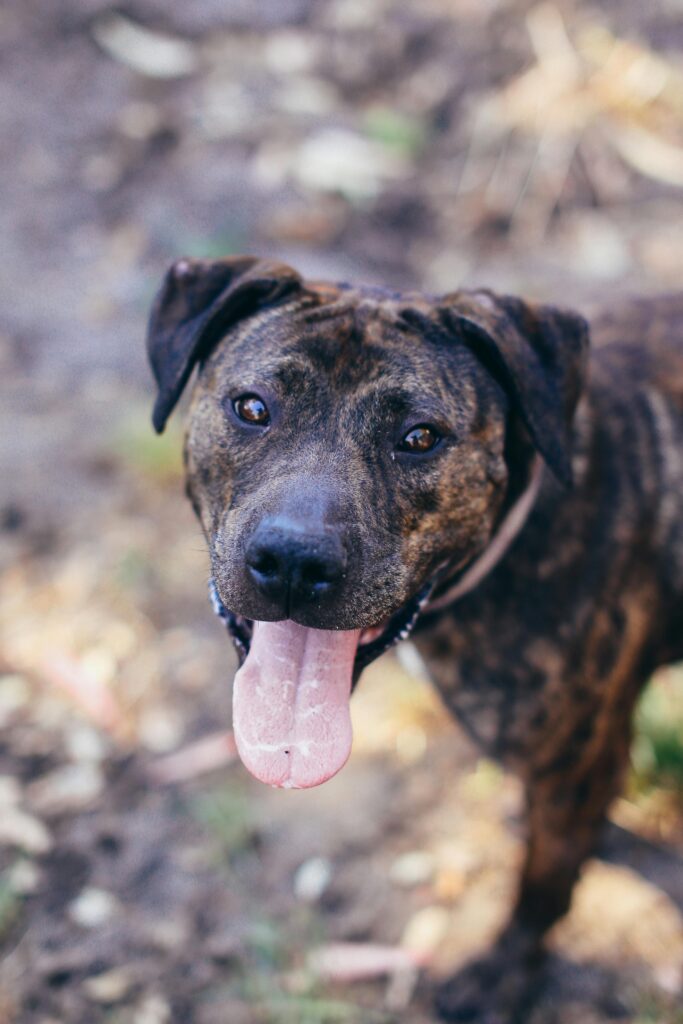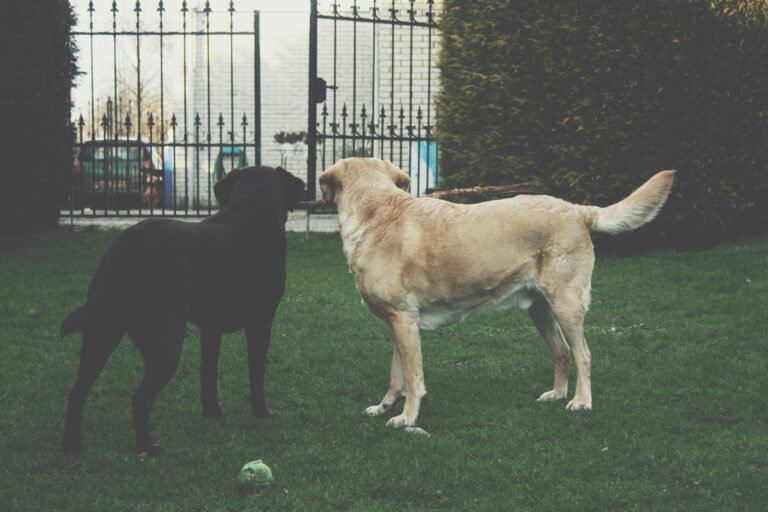For many Springfield families, the dog park seems like the easiest way to give their dog exercise and socialization. But while dog parks can offer opportunities for play, they also come with risks. Unpredictable dogs, inattentive owners, and overstimulating environments can undo weeks of training in just one chaotic afternoon.
That is where structured play comes in. Instead of a free-for-all, structured play is intentional, supervised, and guided by rules that reinforce your training goals. As a professional trainer, I have seen firsthand how structured play builds better manners and safer interactions compared to relying solely on dog parks.

The Case for Dog Parks
Dog parks are popular for good reason:
- They provide fenced-in spaces for off-leash running
- Dogs get to interact with others of their species
- Owners can connect with other dog lovers
However, there are some common challenges:
- Uncontrolled behavior: Not every dog is trained or supervised
- Overstimulation: Too much excitement can lead to aggression or anxiety
- Bad habits: Jumping, barking, or rough play often go unchecked
- Health risks: Exposure to parasites or illnesses if dogs are not vaccinated
In short, dog parks can be fun but unpredictable.
What Is Structured Play?
Structured play is supervised, goal-oriented interaction where rules are enforced and training is reinforced throughout the activity. It may include:
- Practicing commands before play begins
- Supervising interactions and stopping rough play
- Using obedience cues like “come,” “leave it,” or “place” mid-play
- Rewarding calm behavior instead of overexcitement
Think of it as recess with rules. The dog still has fun, but structure ensures that good behavior is practiced, not undone.
Why Structured Play Builds Better Dogs
Unlike chaotic environments, structured play strengthens obedience and manners:
- Dogs learn to listen even when excited
- Impulse control improves through start-and-stop games
- Respect for boundaries reduces conflict with other dogs
- Owners stay in control, which prevents accidents
This kind of guided play can happen in backyards, during training sessions, or even in small group classes where dogs are carefully matched for temperament.
For families balancing busy lives, structured play also helps you stay consistent. Our blog on staying consistent with dog training even when life gets busy shows how to integrate training into daily life without losing momentum.
Which Is Better for Your Dog?
The answer depends on your dog’s temperament and training goals.
Dog parks may work if your dog is:
- Already confident and well-trained
- Comfortable around dogs of all sizes
- Good at recalling even in high-distraction settings
Structured play may be better if your dog is:
- Shy, anxious, or easily overwhelmed
- Still working on obedience foundations
- Prone to overexcitement or reactivity
- Better suited for one-on-one playdates or small groups
Professional Guidance Makes the Difference
Many families find the balance by incorporating structured play into obedience programs. Our Basic & Advanced Obedience Program teaches commands that translate directly into safer, more enjoyable play sessions. Once your dog can reliably follow cues, you can decide whether the dog park is truly the right fit.
For further insight, the AKC provides socialization tips that highlight safe, effective ways to expose your dog to new environments without overwhelming them.
Final Thoughts: Play With Purpose
Both dog parks and structured play have their place, but only one truly reinforces training. Structured play turns every interaction into a learning opportunity while still keeping the fun. When done consistently, it creates dogs that are polite, reliable, and safe in any environment.
At Off Leash K9 Training Springfield, we help families build obedience into every part of their dog’s life, including play.
Want a dog that plays politely and listens reliably? Contact us today to start training that lasts beyond the backyard.

